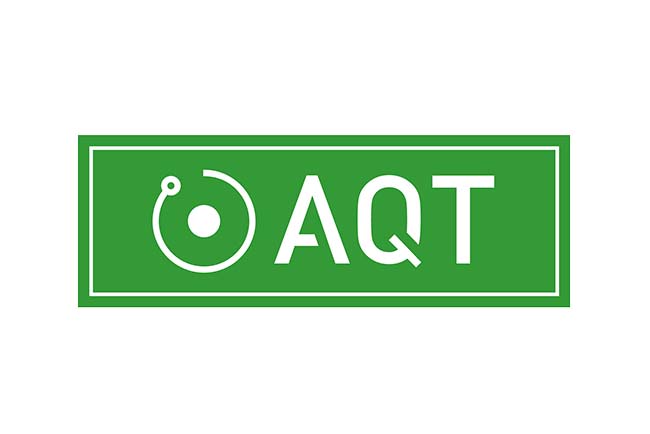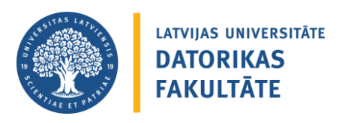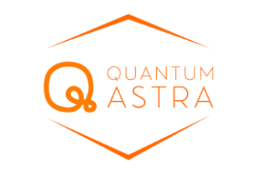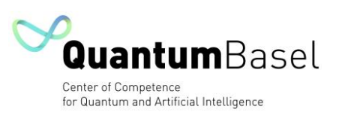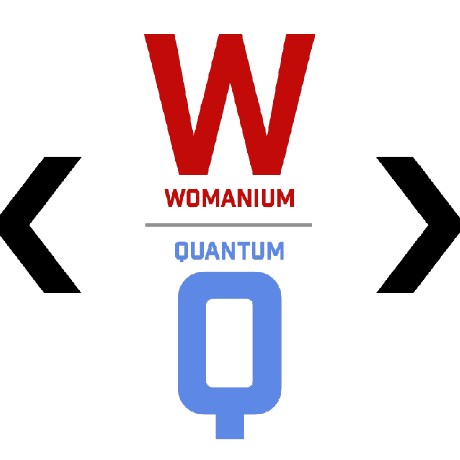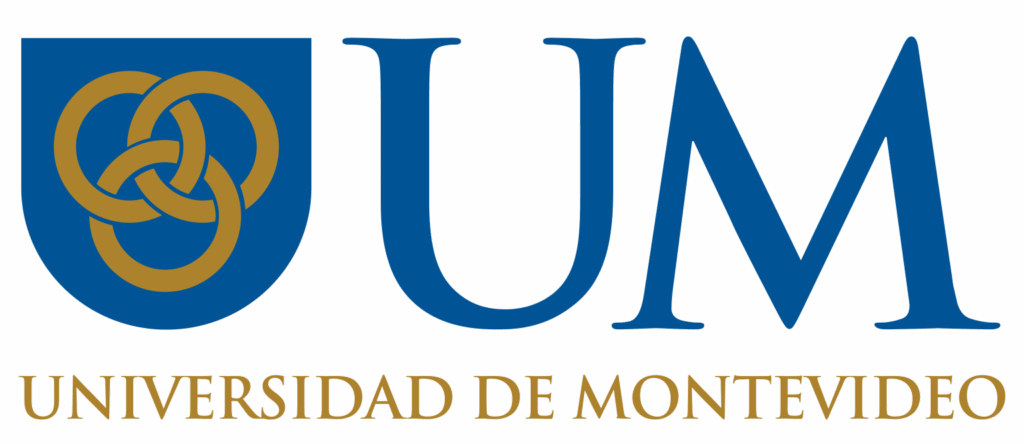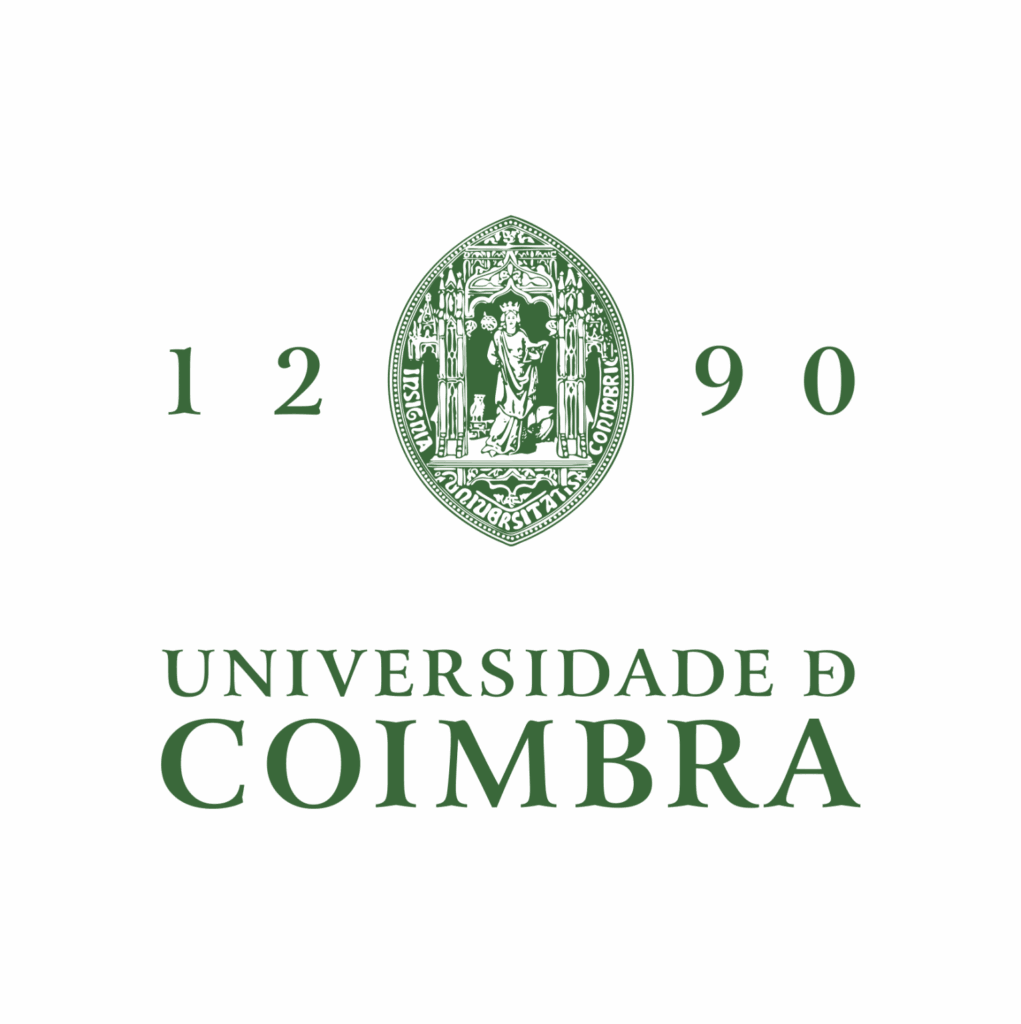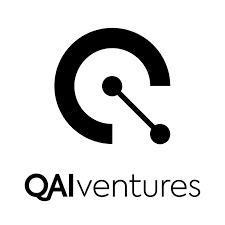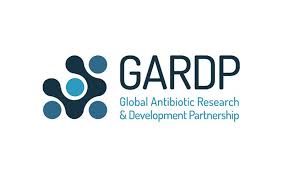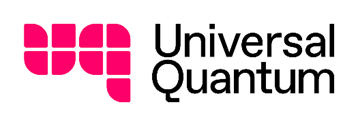Our community
Meet our global community

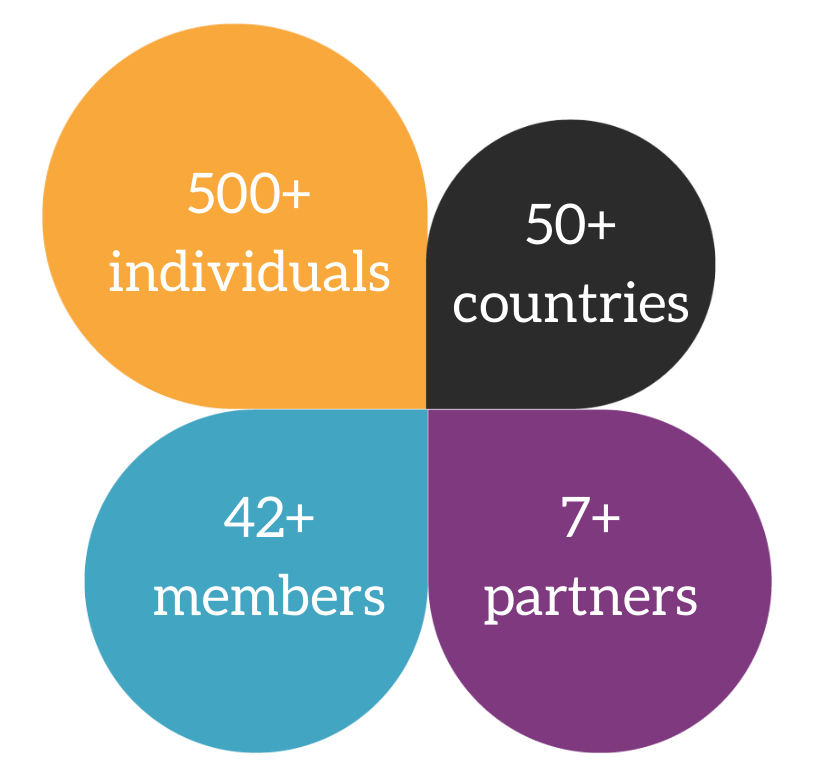
Our partners
OQI Partners are institutions who have consistently engaged in providing resources to OQI and have been a Member for at least one year.
Our members
OQI Members are institutions that benefit from peer recognition for their scientific contributions or their impact expertise.
We are continuing to expand our members community and look forward to welcoming many more institutions as Members of OQI!
Former members
Our friends
OQI Friends are individuals (such as experts from the private or public sector, countries, citizens) who are committed to open science, inclusivity and all values as set out in OQI’s charter and associate themselves with the OQI.



